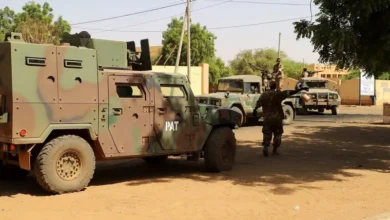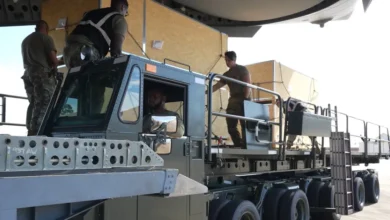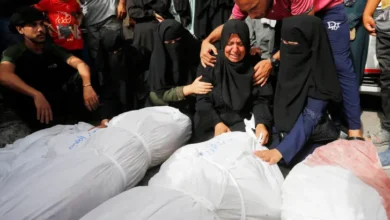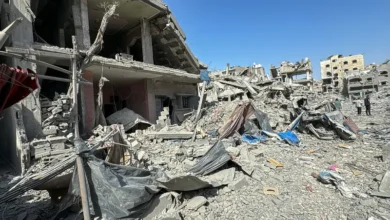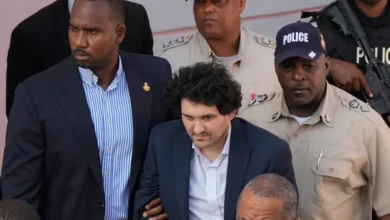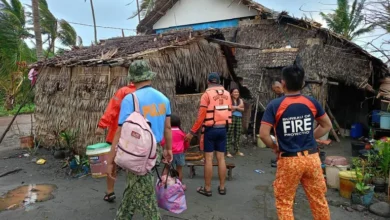US to hit back against Iran-linked targets: Who and where will it strike?
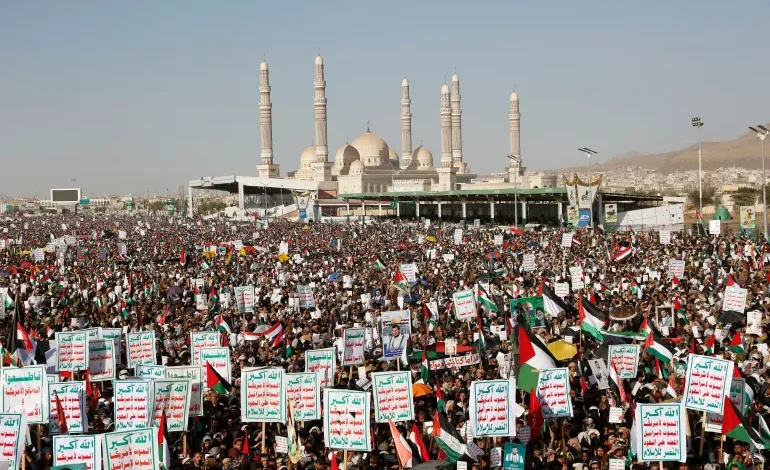
The United States has approved plans for strikes in Iraq and Syria against multiple targets, including Iranian personnel and facilities, CBS News reported on Thursday, quoting US officials.
President Joe Biden said on Tuesday that he had decided how to respond to a drone attack in northeastern Jordan near the Syrian border last Sunday, which killed three US service members and wounded more than 40.
Sunday’s attack was the first to result in the loss of American lives during the Israel-Hamas war.
Here is what’s known about the US plans:
Where is the US planning to strike?
The US plans to retaliate against the drone attack on the US Tower 22 base near the border between Syria and Jordan by targeting Iranian personnel and facilities inside both countries.
The Islamic Resistance in Iraq, believed to comprise multiple groups armed, funded and trained by Iran’s Revolutionary Guards Corps, has claimed responsibility for Sunday’s strike on the base.
But on Wednesday, Kataib Hezbollah, the most powerful element in the force, announced the suspension of hostile operations against US troops. Iran itself has denied any role in the attack.
Nevertheless, according to US officials quoted in the CBS report, the US plans to press ahead with strikes of its own over several days. The timing of their launch is likely to be influenced by weather conditions.
US officials were quoted saying that “the US has the capability to carry out strikes in bad weather but prefers to have better visibility of selected targets as a safeguard against inadvertently hitting civilians who might stray into the area at the last moment”.
Hawkish Republican officials in the US have called for direct strikes on Iran, but this latest plan appears to avoid any direct attack inside the country.
What has the US defence secretary said?
Defense Secretary Lloyd Austin told reporters on Thursday that the US will not tolerate attacks on American troops.
This was Austin’s first news conference after undergoing prostate cancer surgery. During the news conference, he apologised for not disclosing his hospitalisation. Health-related questions dominated the session, during which he said he had also apologised to President Biden for not informing him about his diagnosis.
But Austin also focused on the conflict in the Middle East. Starting with the drone attack, he said the group behind the attack will be held responsible.
“I don’t think the adversaries are of a one-and-done mindset, and so they have a lot of capability, I have a lot more,” he said. “We’re going to do what’s necessary to protect our troops.”
